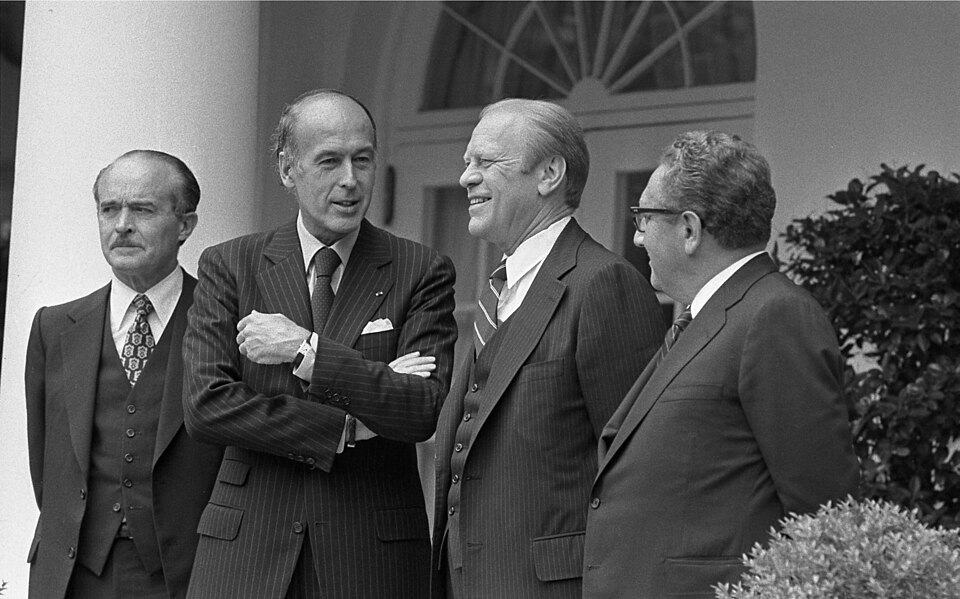Global South might be seen as the extension of third-world and non-aligned concepts. Today, though, there is a mistrust among countries which follow this approach regarding military alliances. They can be too constraining: countries generally prefer bilateral or opportunistic relationships.
Military Alliances and the Global South
In February 1998, Madeleine Albright, then U.S. Secretary of State, defended U.S. coercive diplomacy against Iraq in relation to its limited cooperation with U.N. weapons of mass destruction inspectors in a television interview with the words, “If we have to use force, it is because we are America; we are the indispensable nation. We stand tall and we see further than other countries into the future, and we see the danger here to all of us.”(1) Thus, the term ‘indispensable nation’ came into popular use, to describe America’s centrality and criticality to the liberal, rules based international order that evolved after the end of the Second World War.
Today, under President Donald Trump, the United States wants to be anything but indispensable. Trump has made it clear that he finds the U.S.-led international order as being disadvantageous to Americans. “For years, Washington, was controlled by a sinister group of radical left Marxists, warmongers and corrupt special interests who drained our wealth, attacked our liberties, obliterated our borders, and sucked our country dry,” he said in a speech soon after becoming president.(2)
The focus of U.S. policy now is not ensuring global peace and security, as it has avowedly been since 1945, but enrich America. President Trump wants to restrict imports and immigrants and wants allies to pay for their own defense. This affects the developed countries of the north and the developing nations of the south differently. Europe, for instance, has looked to the U.S. for its security in the military context. The countries of the global south have sought economic and political security, as well as military equipment and training. The end of America’s role as global security provider has significant ramifications for both its rich and poorer partners.
Il reste 95 % de l'article à lire




_astronaut_Sophie_Adenot_(jsc2025e058846_alt).jpg)



